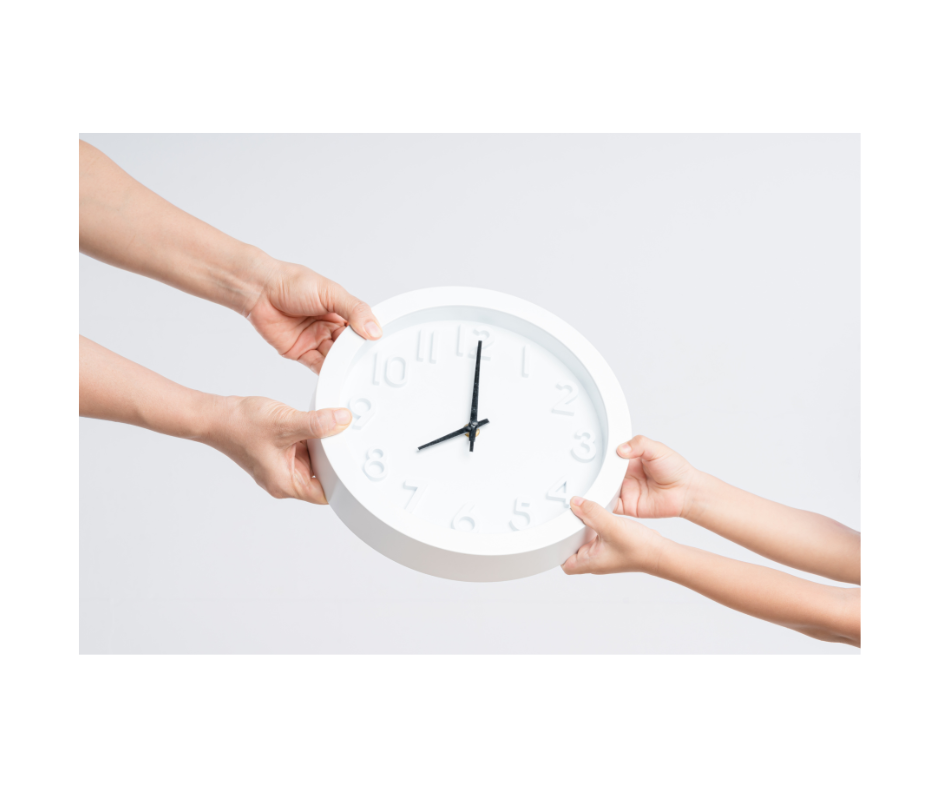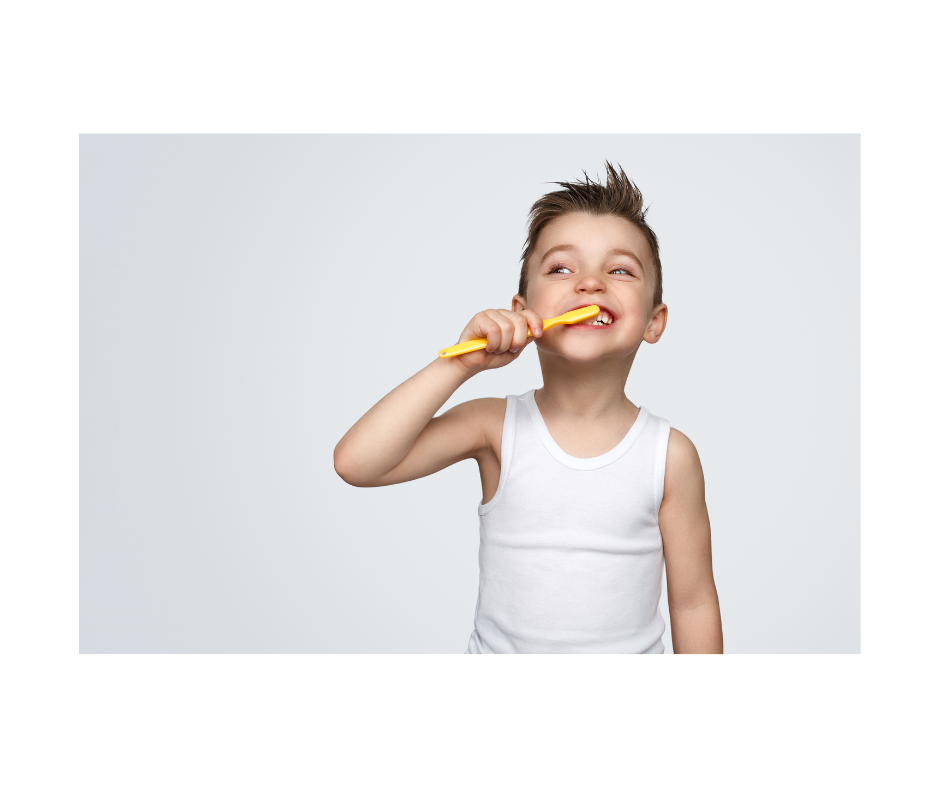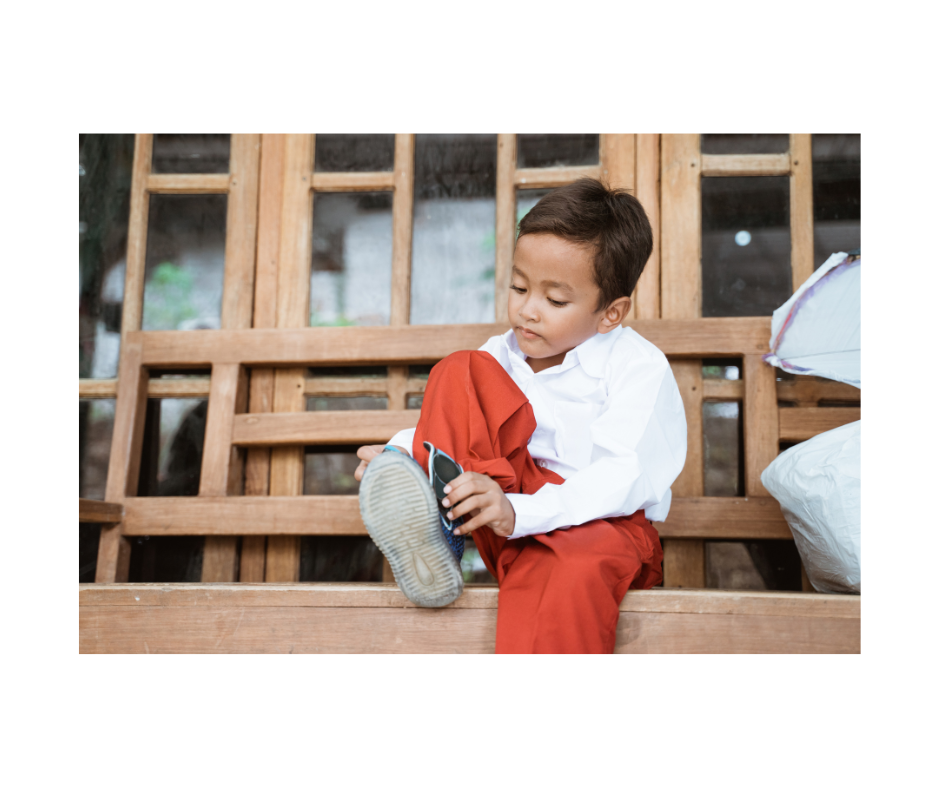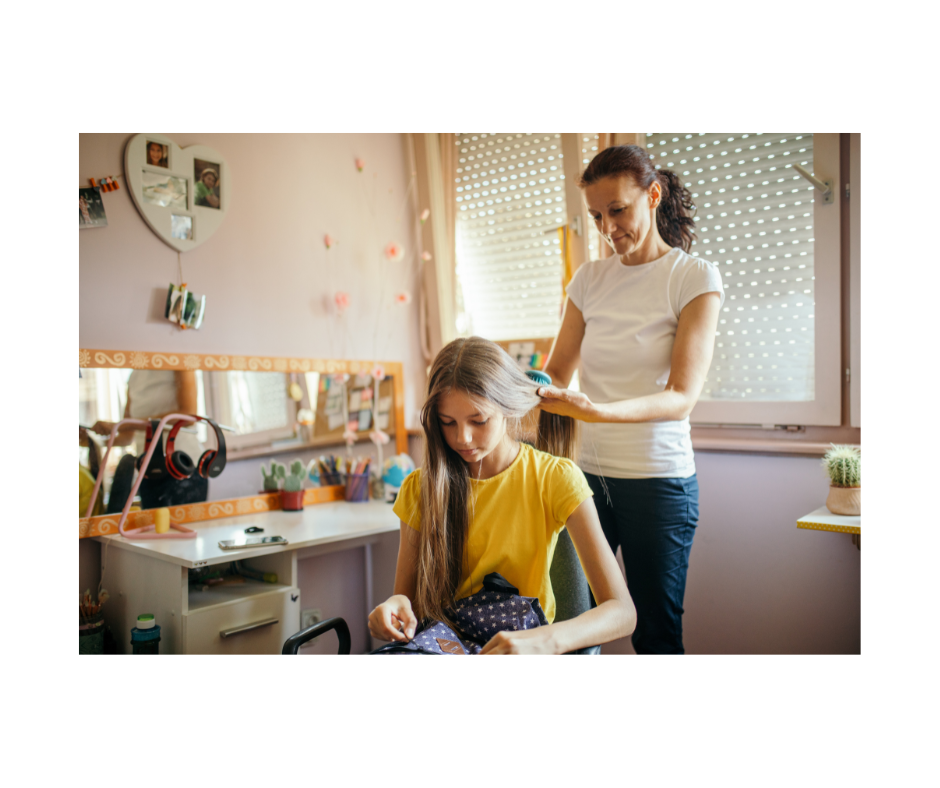A Parent’s Guide to Smooth Mornings: Getting Out the Door with Kids Who Have ADHD & Sensory Issues
Nov 06, 2024
Mornings can be a whirlwind, especially if your child has ADHD and sensory processing sensitivities. Between time blindness, difficulty holding multi-step directions, and sensory overload, a simple routine can quickly turn into chaos and meltdowns. The good news? With the right strategies, mornings can become smoother, and both you and your child can start the day on a more positive note. Here’s a guide to help you out the door without the drama.
 Understanding the Morning Challenges
Understanding the Morning Challenges
Kids with ADHD often struggle with time blindness, making it hard to understand how much time has passed and how much time is left. This makes it tricky for them to stay on schedule, especially when multiple steps are involved. On top of that, ADHD often comes with working memory difficulties, so holding onto multi-step instructions can feel overwhelming. Sensory processing sensitivities can also come into play—sounds, textures, or even the feeling of clothes can create a sensory overload that makes mornings especially challenging.
With these challenges in mind, here are some strategies to help your child—and you—have a calmer, more manageable morning routine.

1. Create a Visual Morning Schedule
For kids with ADHD, a visual schedule is a game-changer. It takes away the guesswork and gives them a clear structure. Break down each step of the morning into simple, manageable parts, like “brush teeth,” “get dressed,” “pack bag,” etc.
Try This: Create a simple checklist or picture chart with each step of the morning routine. You can use pictures or drawings to represent each step, so your child can follow along even if reading isn’t their strong suit. Let them check off each task as they go to reinforce a sense of accomplishment.
Tip: If you’re using a digital tool like a tablet, try an app like Choiceworks or Brili for a digital visual schedule with customizable options.
2. Use Timers to Combat Time Blindness
Kids with ADHD often struggle with time perception, so a timer can help them stay on track without constant reminders. A visual timer (like this Time Timer) that shows time disappearing is a great tool because it helps them see time passing in a concrete way.
Try This: Use a timer to “race against the clock” for each step. For example, set a timer for 5 minutes for brushing teeth or 10 minutes for getting dressed. By breaking down the morning routine into mini-timers, your child can focus on one step at a time without feeling overwhelmed by the whole routine.
Tip: Give gentle warnings, like “You have 3 minutes left for brushing teeth,” to help them anticipate the end of each activity.

3. Make Instructions Short and Clear
Kids with ADHD often find multi-step directions overwhelming, especially in the rush of the morning. To avoid this, keep instructions short and focus on one step at a time.
Try This: Use single-step prompts like “Let’s put on socks now” instead of a long list of directions. After they’ve completed the task, give them the next instruction. It may take a bit longer, but breaking things down reduces the cognitive load and helps your child feel less overwhelmed.
Tip: Reinforce positive behavior with praise for each step they complete independently, which can encourage them to stay engaged with the routine.
4. Prepare the Night Before
Prepping in advance can take a huge load off both you and your child in the morning. Lay out clothes, pack the backpack, and have everything ready by the door. If sensory sensitivities are an issue, let them pick clothes they’re comfortable with the night before—no last-minute outfit switches needed...maybe. Consider also having a back up option laid out in case their first choice becomes their last. You may even want to let your child sleep in the clothes that they are going to wear the next day!!! This can be a game changer and reduce the struggle of getting dressed in the morning.
Try This: Set up a “launch pad” near the door with everything they’ll need for the day: backpack, lunchbox, jacket, shoes, etc. This reduces decision-making in the morning and helps prevent a frantic last-minute search for items.
Tip: Involve your child in the prep process the night before to give them some control and help build the habit of preparation.
5. Create a Sensory-Friendly Routine
Kids with sensory processing sensitivities might find mornings particularly hard because of uncomfortable clothes, loud noises, or strong smells. Try to create a calming, sensory-friendly environment to help reduce potential meltdowns.
Try This: Avoid harsh, jarring alarms and instead use a gentle wake-up sound, like a favorite song or a soft, gradual alarm clock. Dim lights or try a sunrise alarm that gradually brightens the room. You may even want to snuggle into bed with them in the morning to create a routine of connection along with a soothing wake up for them. Have comfortable clothes prepped that they’re used to, and avoid clothing with scratchy tags or seams.
Tip: Consider a morning “sensory station” with activities like squeezing a stress ball or a quick stretching exercise, which can help calm and prepare them for the day.

6. Allow Extra Time for Transitions
Transitions are a common struggle for kids with ADHD. Instead of rushing from one activity to the next, try allowing extra time for each step. A rushed morning can add to their stress, which may lead to meltdowns.
Try This: Build in a 5-minute “transition time” after each major part of the routine. For example, after breakfast, give them a few minutes to shift gears before moving on to getting dressed. This short buffer helps them mentally prepare for what’s coming next. Be sure to set a countdown timer for this transition time.
Tip: Offer a gentle reminder before each transition. For instance, say, “In a few minutes, we’ll be putting on shoes and getting ready to go.” Or, simple say, "Where are we at on our countdown clock?"
7. Use Positive Reinforcement to Encourage Cooperation
Encouragement goes a long way. Kids with ADHD respond well to positive reinforcement, so look for opportunities to recognize and celebrate their efforts, even for small tasks.
Try This: Small rewards, like choosing the breakfast cereal or getting a few extra minutes of playtime, can help motivate them to stay on track. Verbal praise that is descriptive can be very affirming and reinforce the positives you want to see too!
• Tip: Be specific with praise. Instead of “Good job,” try, “I love how you brushed your teeth all by yourself!” This helps reinforce positive behaviors and makes them feel proud of their achievements.

8. Practice Self-Compassion and Flexibility
Mornings won’t always go perfectly, and that’s okay. Some days will be harder than others, and it’s important to be gentle with both yourself and your child. Remember that their brains work differently, and patience is key to making mornings feel less stressful for everyone.
Try This: Practice self-compassion on rough mornings, and remind yourself that it’s okay if things don’t go smoothly every day. Focus on making small, positive changes over time rather than expecting a perfect morning routine right away.
Tip: Embrace flexibility. If one part of the routine isn’t working, don’t be afraid to change it up. Adjusting based on what works best for your child will lead to a more sustainable routine in the long run.

Embrace the Morning Journey
Creating a calm, structured, and sensory-friendly morning routine takes time, patience, and a good dose of empathy. By focusing on visual schedules, breaking tasks into manageable steps, using gentle reminders, and keeping things sensory-friendly, you’re helping your child navigate mornings with confidence and peace. Remember, you’re not alone on this journey—both you and your child are learning and growing together, one morning at a time. With a few thoughtful adjustments and a lot of positive reinforcement, you will start to see some smoother and happier mornings!
Parenting alongside you,
Dr. Emma and the Aparently Parenting Team
SUBSCRIBE FOR FREE PARENTING RESOURCES
We know you're busy! So, we'll make sure to only send the IMPORTANT PARENTING stuff!!
We hate SPAM. We will never sell your information, for any reason.
